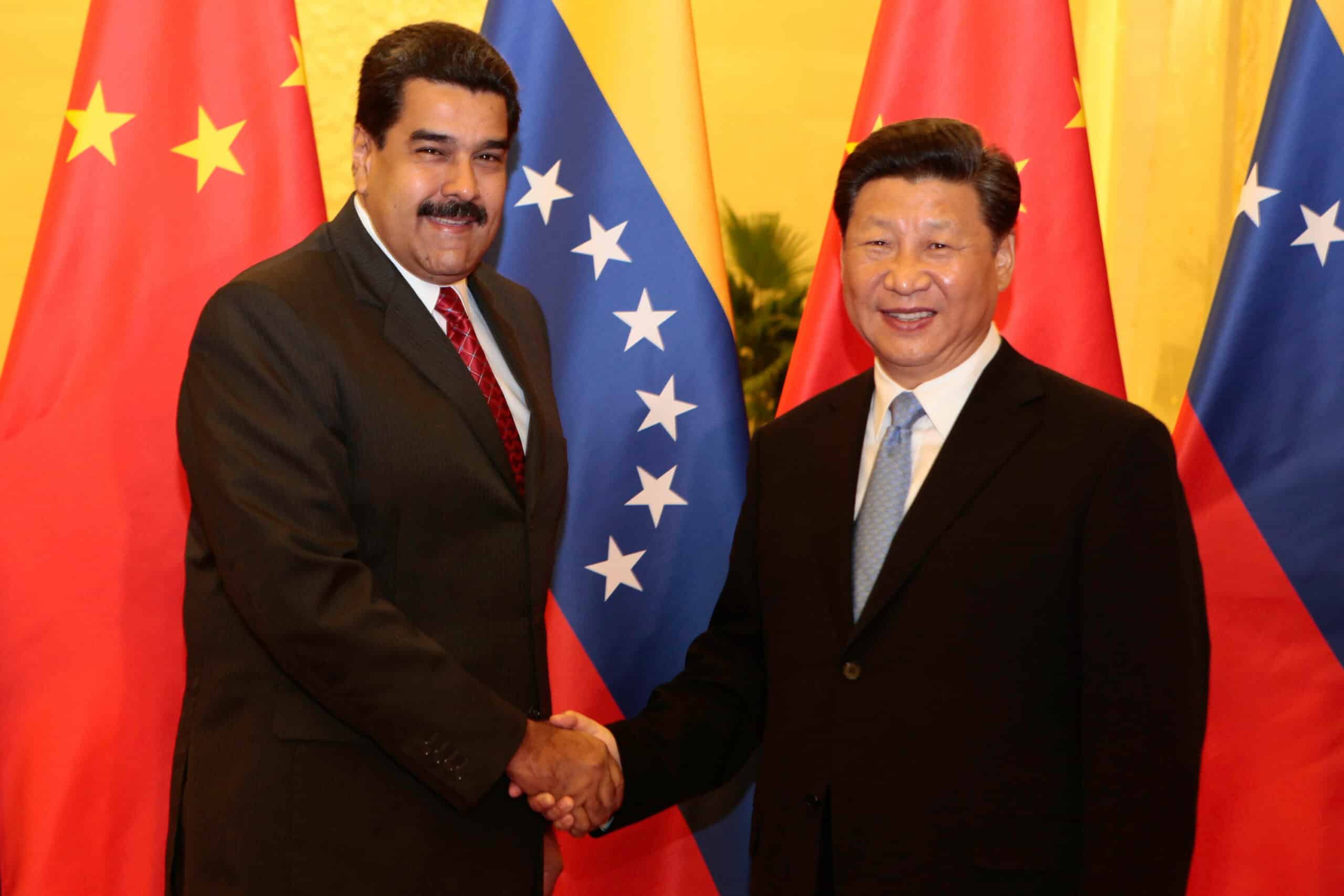
Risk of losing access to the US financial system or having US assets frozen has not stopped the Chinese from taking a risk and buying oil from Iran and Venezuela
China, the Asian giant, doubled imports of Iranian and Venezuelan oil in 2021. The Chinese country made the most of US-sanctioned regimes in three years as the country's refineries avoided the risk of penalties to get cheap oil.
Read also
- Oil price soars and exceeds $80 after OPEC+ decides to increase production to 400.000 barrels per day (bpd) in February and the US celebrates
- China passes the US and will be the only country to have its own space station; to take the lead in space exploration, Chinese government to build with Russia a base at the south pole of the Moon
- China, which will have the highest GDP (Gross Domestic Product) in the world in 2030, changes the rule of almost 30 years and releases foreign automakers in the country with a projection of manufacturing 30 million vehicles by 2025; decision will affect the entire global automotive industry
- China is hoarding more than half the food on the planet, making it responsible for rising prices and skyrocketing global inflation.
- 91,3 thousand tons of nickel, a fundamental raw material used in the production of batteries for electric vehicles, produced in Bahia, were exported to China by the largest producer of the ore in Brazil, Atlantic Nickel
According to data from market intelligence company Kpler, oil processors in China, the world's largest importer, bought 324 million barrels from Iran and Venezuela in 2021, which is about 53% more than in the previous year. That's the most since 2018, when China took 352 million barrels from the two nations.
China takes a risk and buys oil from Iran and Venezuela
China, particularly Chinese private refiners, benefited from the US hard line on Iran and Venezuela, continuing to buy oil from those countries long after other places in Asia stopped buying.
The risk that non-US entities would lose access to the US financial system or have their US assets frozen if found guilty of violating sanctions did not deter them.
A glut of unsold cargoes, rising international prices that make sanctioned oil relatively cheaper, and China's issuing of more oil import quotas have encouraged private refiners, known as teapots, to buy more oil from rogue states. These shipments typically do not appear in official customs data.
Interestingly, Iranian oil is up to 10% cheaper when delivered to China
“This increase was triggered by rising oil prices making Iranian oil interestingly up to 10% cheaper when delivered to China,” said Anoop Singh, head of East Suez tanker research at Braemar ACM Shipbroking, of the sanctions while trying to reach a nuclear deal with Iran.
Sanctioned oil is typically transported on old ships that would otherwise be destined for scrapyards, providing cost savings, according to Singh. Cargoes can be shipped directly from the country of origin on tankers that have been blacked out – meaning their transponders are turned off – or transferred between ships at sea to mask the origin of the oil, he said.
Oils from Iran and Venezuela are often renamed and passed off as Omani and Malaysian oils. China has not received any Iranian oil since December 2020, while imports from Oman and Malaysia have increased, official data show.
Chinese sanctioned oil imports are expected to remain elevated around current levels early this year amid slow progress in nuclear talks, Singh said.
Rising international oil prices will also make barrels from sanctioned countries even more attractive. That could be exacerbated by tax and pollution investigations into Chinese teapots, which are putting more pressure on them, said Yuntao Liu, an analyst at Energy Aspects In London.













Army summons Brazilians with up to…
Come be a watermelon, you too
Air Force F-16 fighters…
Everything is fine, 100-year secrecy,…
Air Force F-16 fighters…
Well... It's flying scrap... Typical...
Air Force F-16 fighters…
Which genocide are you talking about? Than…
They discover the third largest deposit…
That’s why all foreigners and NGOs…
A scam is taking a rogue thief out of…
Translate into Brazilian Portuguese?
In what world do you live in? Narnia? (now go...
It could be that these older people…
I am a carpenter, assembler of all types…
I'm a carpenter I want
I wanted to understand better!
I am available